Our mission
Nexgen water infrastructure
To advance multiphysics and multiphase flow prediction in natural and built water infrastructures, and to enable robust and efficient NexGen water infrastructure design, optimization, and retrofit.
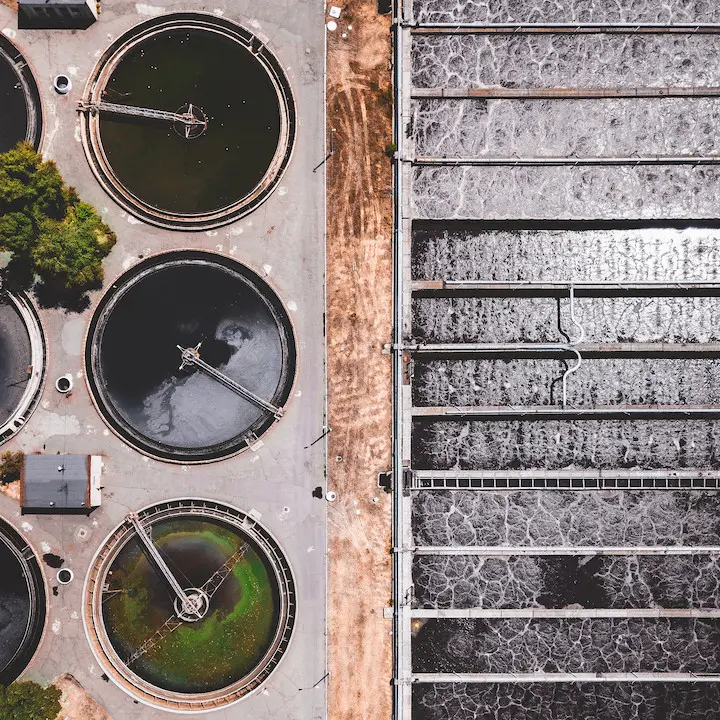
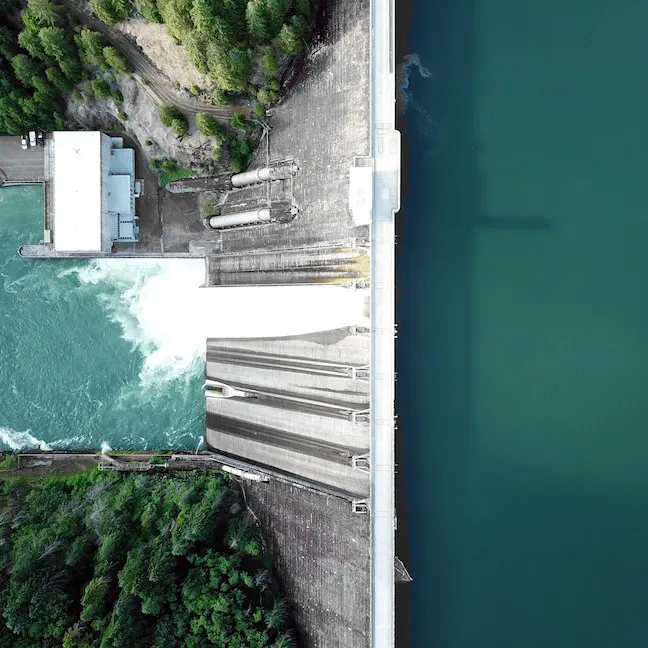
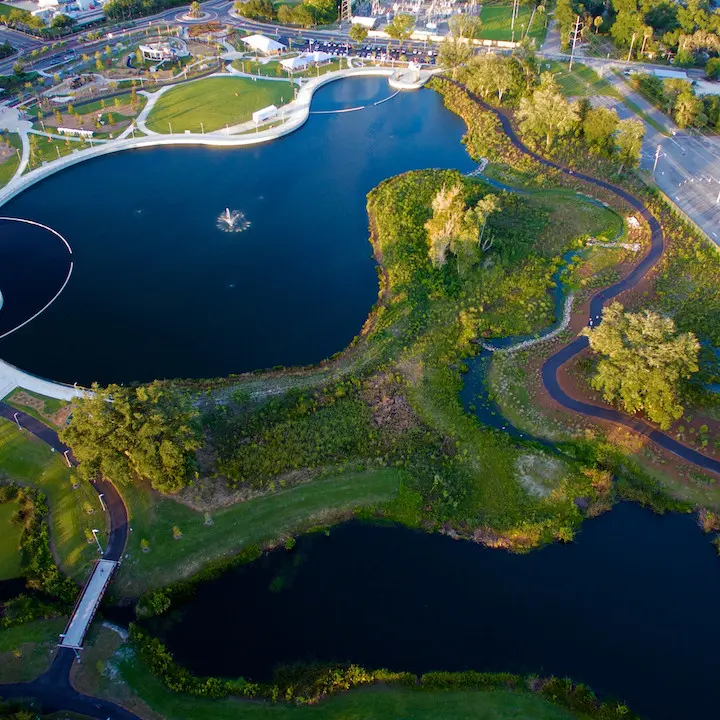
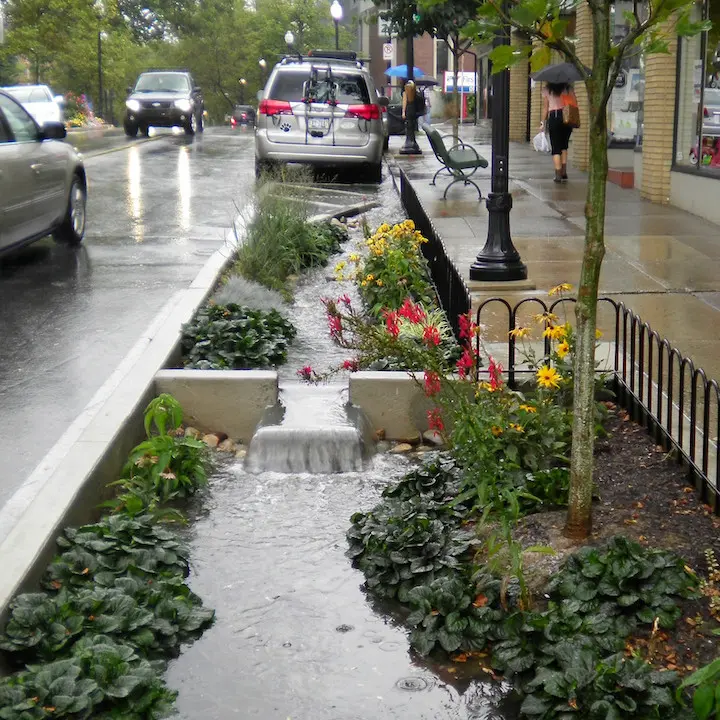
Our research
(1) leverages the high-performance computing (HPC) and high-order numerical method to elucidate the underlying turbulence physics and physicochemical fate dynamics of particulate matter, pathogens, and chemicals in fluid systems; (2) develops and benchmarks a wide range of open-source computational fluid dynamics (CFD) tool for water infrastructure simulation, optimization, uncertainty quantification and vulnerability assessment; (3) integrates machine learning (ML) and CFD for robust and efficient water infrastructure optimization and retrofit, and create CFD-ML augmented framework for engineering practices and environmental regulations.
Free-surface turbulent flows over pile
VOF+DS-LES, FVM 2nd order, 40 million DOFTurbulence structure in a hydrodynamic separator
HRT-LES, SEM 15th order, 60 million DOFElution dynamics in stormwater clarification basins
DA-LES, FVM 3rd order, 4 million DOFTreatment dyanmics of clarification-filtration system under storm event
VOF+URANS+LPT, FVM 2nd order, AMR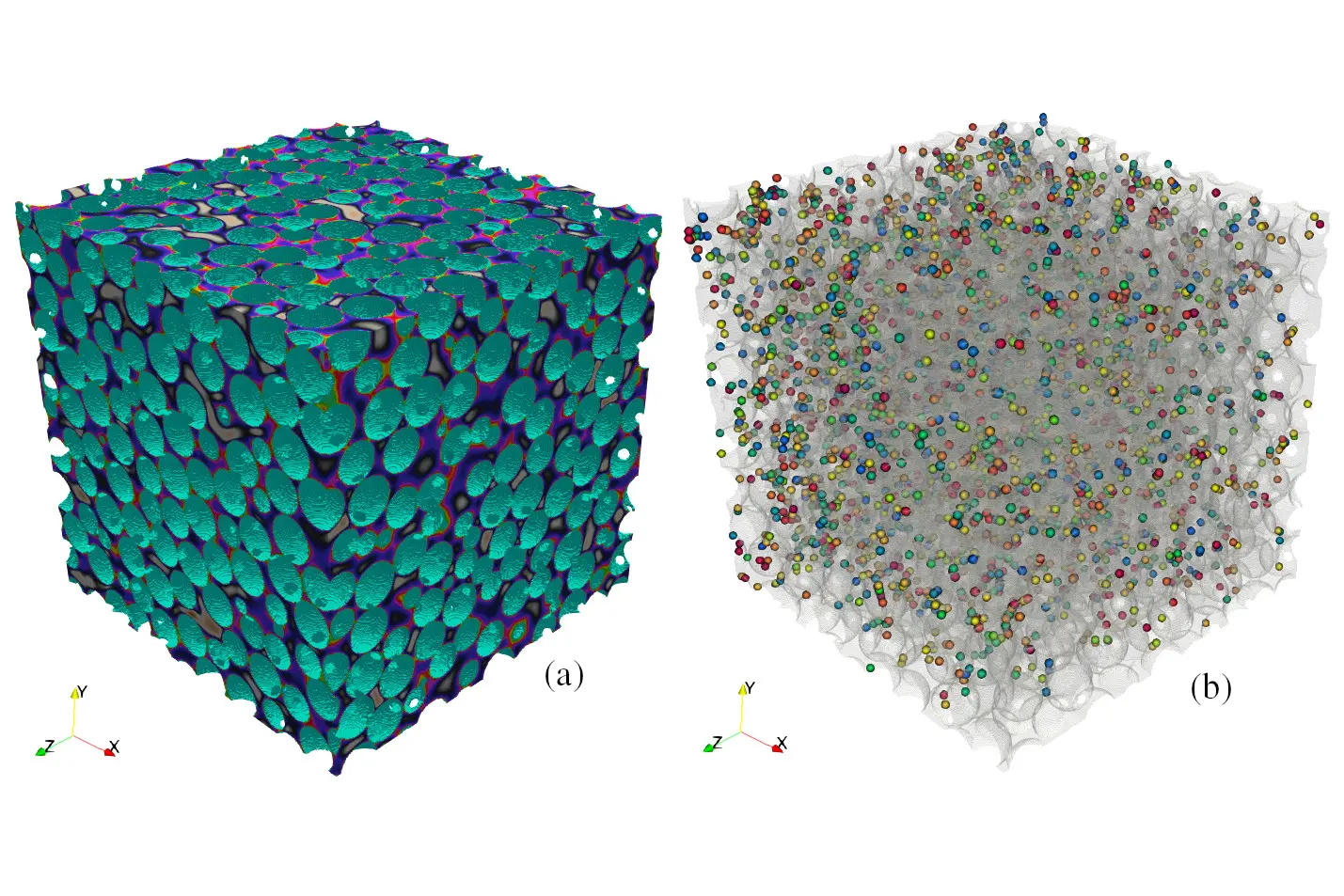
Particulate matter filtration in porous media
Pore-scale LPT, FVM 2nd order, 10 million DOFPhosphate transport and fate in a volumetric-adsorptive reactor
interAdsFoam, VOF+URANS, FVM 2nd order, Non-equilibrium adsorptionRecent Publications
Li, H., & Sansalone, J. (2022). InterAdsFoam: An Open-Source CFD Model for Granular Media-Adsorption Systems with Dynamic Reaction Zones Subject to Uncontrolled Urban Water Fluxes. Journal of Environmental Engineering, 148(9), 04022049. https://doi.org/10.1061/(ASCE)EE.1943-7870.0002027
Li, H., & Sansalone, J. (2022). Implementing machine learning to optimize the cost-benefit of urban water clarifier geometrics. Water Research, 220, 118685. https://doi.org/10.1016/J.WATRES.2022.118685
Li, H., & Sansalone, J. (2022). A CFD-ML augmented alternative to residence time for clarification basin scaling and design. Water Research, 209, 117965. https://doi.org/10.1016/J.WATRES.2021.117965
Li, H., & Sansalone, J. (2022). Interrogating common clarification models for unit operation systems with dynamic similitude. Water Research, 215, 118265. https://doi.org/10.1016/J.WATRES.2022.118265
Li, H., & Sansalone, J. (2021). Benchmarking Reynolds-Averaged Navier-Stokes Turbulence Models for Water Clarification Systems. Journal of Environmental Engineering, 147(9), 04021031. https://doi.org/10.1061/(ASCE)EE.1943-7870.0001889
Li, H., Balachandar, S., & Sansalone, J. (2021). Discordance of Tracer Transport and Particulate Matter Fate in a Baffled Clarification System. Journal of Fluids Engineering, 143(5), 051202. https://doi.org/10.1115/1.4049690
Li, H., Balachandar, S., & Sansalone, J. (2021). Large-eddy simulation of flow turbulence in clarification systems. Acta Mechanica, 232(4), 1389-1412. https://doi.org/10.1007/s00707-020-02914-1
Our Team
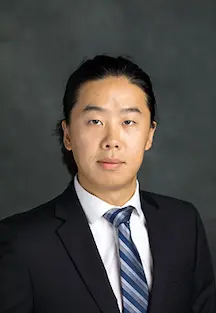
Haochen Li, PhD
Assistant Professor
Ph.D. in Environmental Engineering, University of Florida; M.S. in Mechanical Engineering, University of Florida; M.S. in Civil Engineering, University of Florida; B.S. in Coastal Engineering, Hohai University.

Mohamed Shatarah
PhD Researcher
B.S. in Mechanical Engineering, Alexandria University. Extensive experience in conducting CFD simulations in range of applications including solar energy, green hydrogen fuel cells, electrolyzers, porous material, HVAC, melting and solidification of PCM, etc.

Neil Patel
Undergraduate Researcher
A fifth year undergraduate student at the University of Tennessee, majoring in Aerospace Engineering and minoring in Computer Science and Business Administration. My main area of focus, within Aerospace, is Computational Fluid Dynamic Simulations, which I have done for hypersonic air-breathing propulsion systems and will expand to low speed renewable energy generation. And a little about myself, in my free time I either go rock climbing, play video games, or hang out with friends.
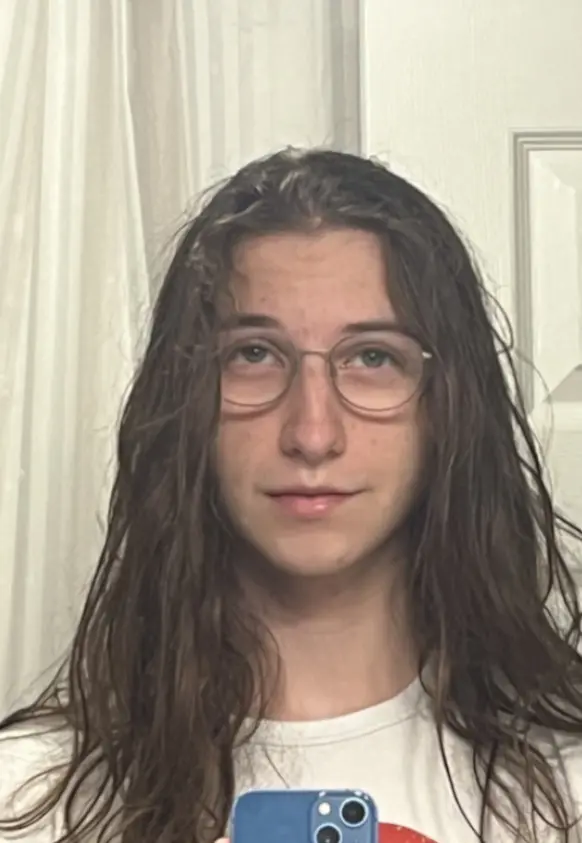
Jeffrey Lind III
Undergraduate Researcher
Class of ‘27 B.S. in Mathematics, University of Tennessee. Former engineer at PlastiExports with broad experience in software/electrical engineering, CFD/CAD, systems engineering, project management, and more.

This can be you!
Graduate Assistant
Graduate assistant positions are open for Spring 2024



